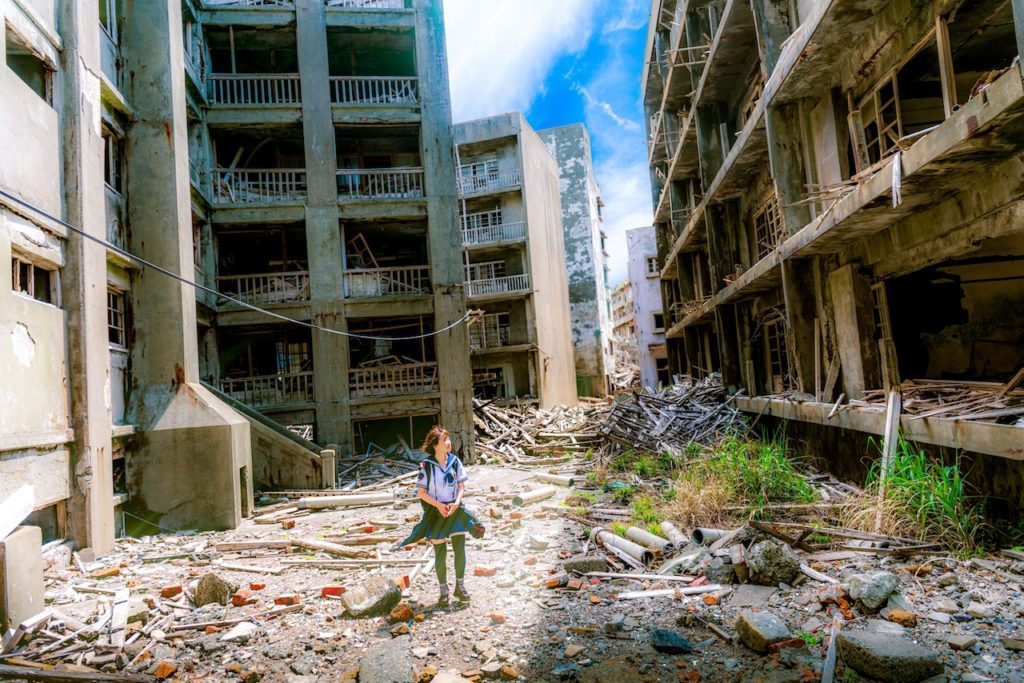
03 Dec Tragedies, My Selfishness, and the Incarnation
Unless you’ve been living in a cave, or too busy decorating your home for the holidays, you’ve heard of some big events around the world — the recent spat of bombings across the world (most notably in Paris and Beirut), followed by a debate over the refugee crisis.
I’d be conservative to estimate that a million social media updates and blog posts have weighed in with opinions on these issues: “It’s a tragedy what happened, and we should do something. It’s a tragedy what happened but it’s not our responsibility. Muslims want peace and deserve life. Muslims want war and deserve punishment. Jesus would welcome refugees and so should we. Jesus would want us to protect our families, so we shouldn’t let in refugees from Syria.”
Don’t worry. I’m not going to weigh in to the conversation with this blog post. (Disclaimer – I’ve weighed in plenty on social media.) The reason I’m not going to weigh in here is not because I don’t have any opinions.
I am not giving my opinion on what happened in Paris or Beirut, or what should happen with Syrian refugees because I realize that . . . I don’t care.
Why I Don’t Care
You read that right. I don’t care, and that’s not because I am xenophobic or anti-immigration. I don’t care about the Paris massacre, or the one in Beirut either, or even most of the killings that go on in our own country. I’m equal-opportunity hard-hearted.
I’m not bragging about this. I know it’s not good. How could I explicitly disobey the command to “weep with those who weep” (Romans 12:15)?
A few reasons come to mind:
- Those tragedies are too complicated, and I can’t do anything about it.
- Those tragedies have simple solutions, if only someone would listen to me.
- I’m busy.
- I have my own problems.
- I don’t even know them.
So I guess it comes down to this: I don’t care because of my pride, my laziness, and/or my selfishness. I don’t care because I elevate myself above others and above God.
Therefore, my first priority shouldn’t be to rush into giving solutions or opinions. Before anything else, I need to have a change of heart and mind.
A Heart for My Neighbor
Now, when there was a shooting at a mall in Kenya, that struck a closer nerve. Why? Because I had been there. Except for the span of a few years, I could have been there at the time of that massacre.
I cared about that tragedy because I had been there. That tragedy felt much closer. We hurt for those we are close to. I’m much more likely to weep with a family in my neighborhood who is hurting, then someone I read about online.
I don’t need to merely manufacture emotions. After all, online sympathy drastically diminishes after five or six hours. Crocodile tears (or changing my social media avatar) aren’t needed.
One answer to this dilemma is to pause and take time to put myself in their shoes. I need to take time to reflect, to take my time in considering what a tragedy means for all sorts of people involved.
Another way that I can grow in my sympathy is by engaging more people now – whether locally or even on an overseas mission trip. This will be especially true if I engage and befriend people outside of my normal social group. Americans who work at Michelin (alongside French expats) are grieving over the Paris attack more than the average citizen. Americans who personally know Syrians have stronger feelings for the refugees, compared to the rest of us.
The Mind of God
This idea of engaging those around me leads to think about what God has done for me. God could have shown me more love than I’ll ever deserve from His throne in heaven. But He chose to do more.
God engaged us by coming to us. Jesus was made to sympathize with our weaknesses, by coming in the likeness of sinful flesh like ours. Jesus can weep with us because He knows us more intimately than we can ever imagine.
So when I consider how I respond to the tragedies in the world, or in the more common needs of loneliness, sadness, hunger, shame, and hopelessness all around me, I must start by remembering the Incarnation of Christ.
Jesus became man, so He could share in our pitiful state. Likewise, I can take the time to think about the brokenness around me, and then prayerfully take action. That is the Christmas message that I’ll try to carry out the next few weeks, and beyond.
-Joey Espinosa


